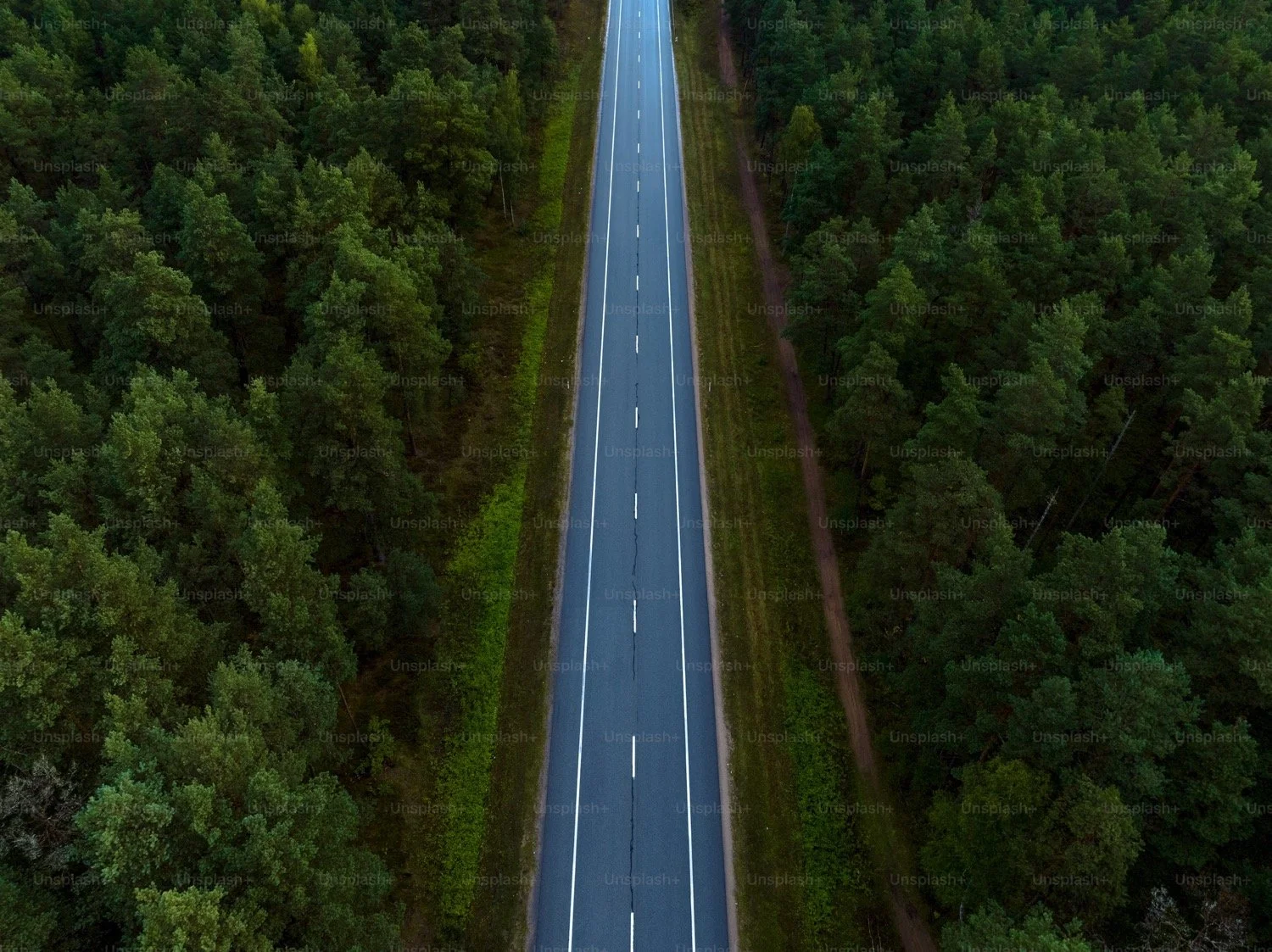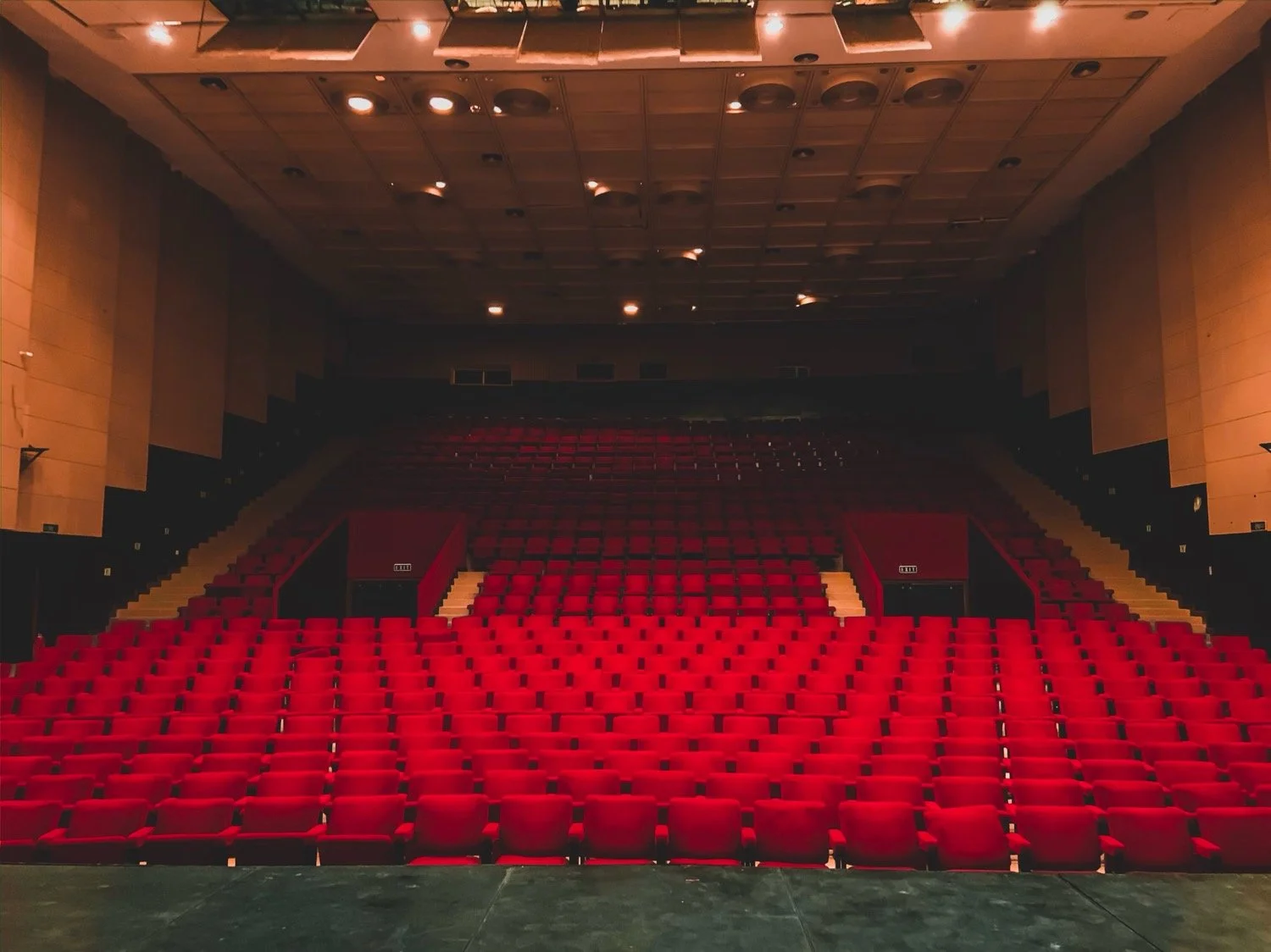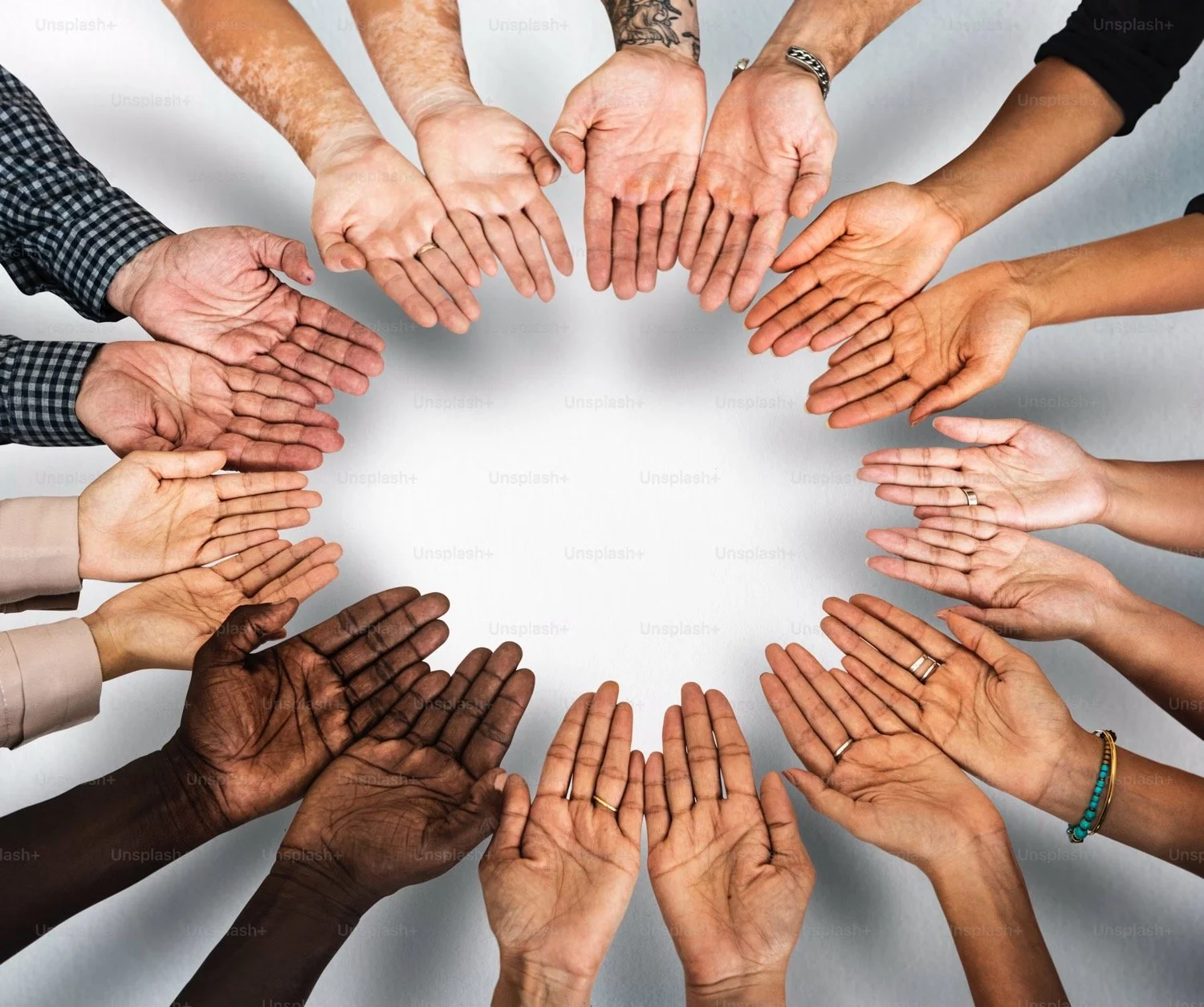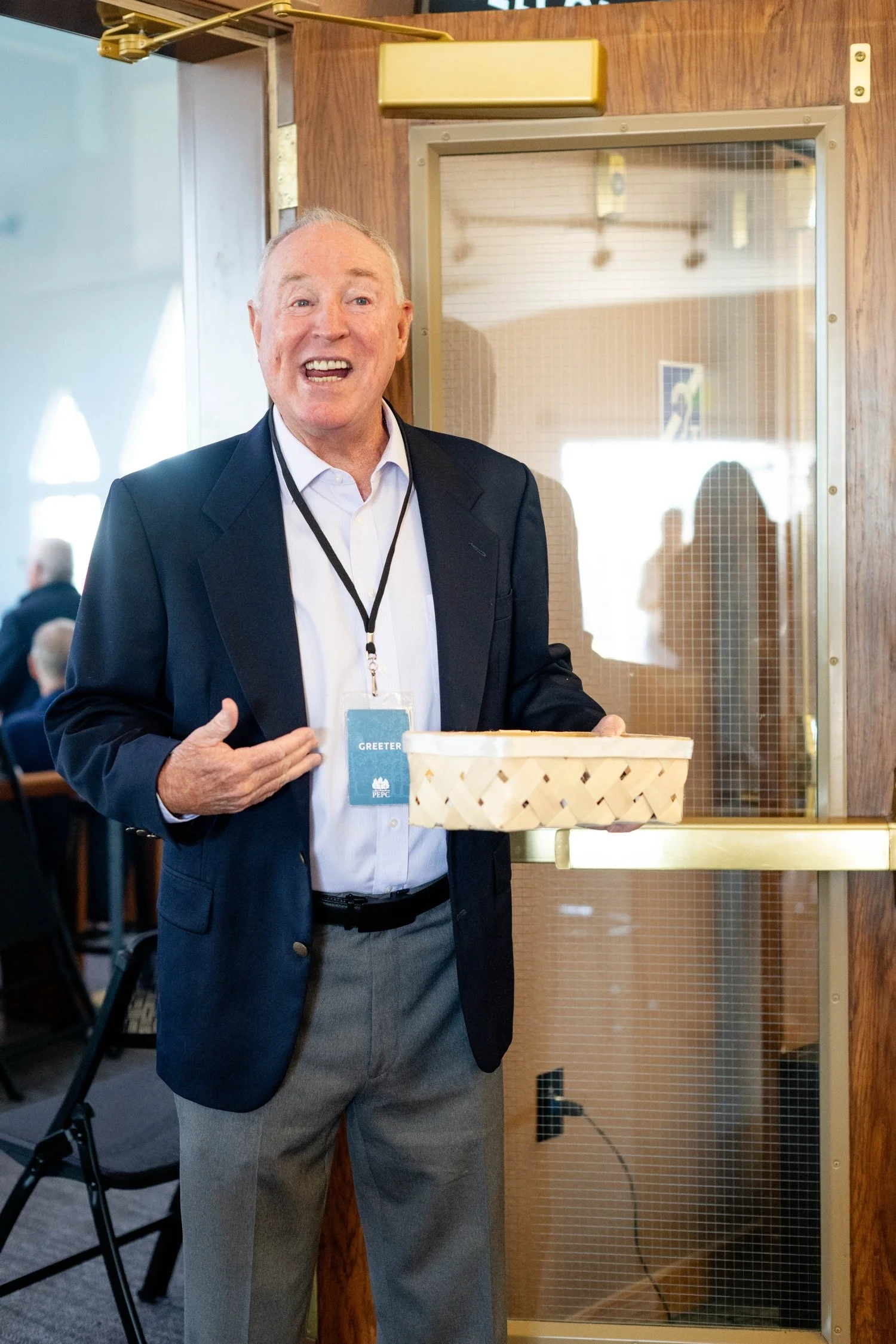Readings for today: Habakkuk 1-3, Psalms 133
One of the things I love most about the Bible is how it doesn’t shy away from hard questions. It is not afraid to depict God’s people in moments of significant doubt or fear or struggle. It talks about the life of faith as it is, not as we often pretend it to be. I think about the many preachers and teachers I know who pretend like they have no doubts, no questions, no fears. I can’t relate to such people. Their system is too closed. Their theology too rigid. Their god is too small. I prefer the God of the Bible. A God of infinite wonder and mystery. A God who is not afraid of hard questions. A God who is big enough and strong enough and secure enough to take our anger and frustration. A God whose ways are so much higher than our ways and whose thoughts are so much higher than our thoughts. A God who loves to wrestle. A God who loves to get His hands dirty. A God who stands with me in the trials. A God who walks with me through every dark valley. Perhaps that’s why I love the questions from Habakkuk today. He asks some of the same questions I often ask myself.
“Why do you force me to look at injustice? Why do you tolerate wrongdoing? Oppression and violence are right in front of me. Strife is ongoing, and conflict escalates. This is why the law is ineffective and justice never emerges. For the wicked restrict the righteous; therefore, justice comes out perverted.” (Habakkuk 1:3-4 CSB) I hate what I often see happening around me in the world. I hate the corruption of the powerful. I hate the injustice they create. I hate the selfishness and greed and narcissism I see on display on a daily basis. I hate the outrage and anger and division and enmity that’s fostered online or by those in places of leadership. I hate the fact that I have to read about these things every day. I hate the fact that my social media feed is a dumpster fire of wrongdoing. I hate that oppression and violence are right in front of me. It makes me question the effectiveness of God’s Law. It makes me wonder about the impact of the church. It sometimes even causes me to despair. One can argue that perhaps I should stop reading the news or get off social media. That’s escapism. It’s the privilege of those who have enough wealth and power to insulate themselves against the terrors of this world. I have far too many friends around the world who don’t have that luxury so I do my best to stay in the battle with them.
“Are you not from eternity, Lord my God? My Holy One, you will not die. Lord, you appointed them to execute judgment; my Rock, you destined them to punish us. Your eyes are too pure to look on evil, and you cannot tolerate wrongdoing. So why do you tolerate those who are treacherous? Why are you silent while one who is wicked swallows up one who is more righteous than himself?” (Habakkuk 1:12-13 CSB) If I’m totally honest, sometimes I even question God. Why does He not work more quickly? Why does He seemingly tolerate those who are treacherous and dishonest and corrupt and evil in our world? Why does He seem to be silent when the wicked swallow up the righteous? I feel this most viscerally when I look at the church. When I see so many false teachers flourish and so many faithful pastors flounder. I ask myself why so many abusers are given positions of influence and power while those who would never harm the sheep labor in obscurity. I think of a church I know who has a pattern of sexual immorality among her pastors. In the fifteen years I’ve been in my community, they’ve had at least twelve members of their pastoral staff commit sexual infidelity on some level. How are they still in existence? Why does God not remove their lamp stand? It baffles me.
“I will stand at my guard post and station myself on the lookout tower. I will watch to see what he will say to me and what I should reply about my complaint…Though the fig tree does not bud and there is no fruit on the vines, though the olive crop fails and the fields produce no food, though the flocks disappear from the pen and there are no herds in the stalls, yet I will celebrate in the Lord; I will rejoice in the God of my salvation! The Lord my Lord is my strength; he makes my feet like those of a deer and enables me to walk on mountain heights!” (Habakkuk 2:1, 3:17-19 CSB) At the end of the day, my trust has to be in the Lord not in what I see happening in the world around me. I walk by faith not by sight. My job is to stand guard at my post and wait for the coming of the Lord. Though there is so much fear and anxiety, violence and oppression, suffering and pain in the world; I can take heart for Jesus has overcome the world. Though justice and righteousness and redemption and reconciliation and peace and human flourishing may not happen in my lifetime or in the places where I labor around the world, yet I will celebrate in the Lord. I will rejoice in the God of my salvation. I will give thanks for the Lord gives me strength. He enables me to leap like a deer and walk on mountain heights and accomplish things I never thought possible.
Readings for tomorrow: Zephaniah 1-3, Psalms 134




